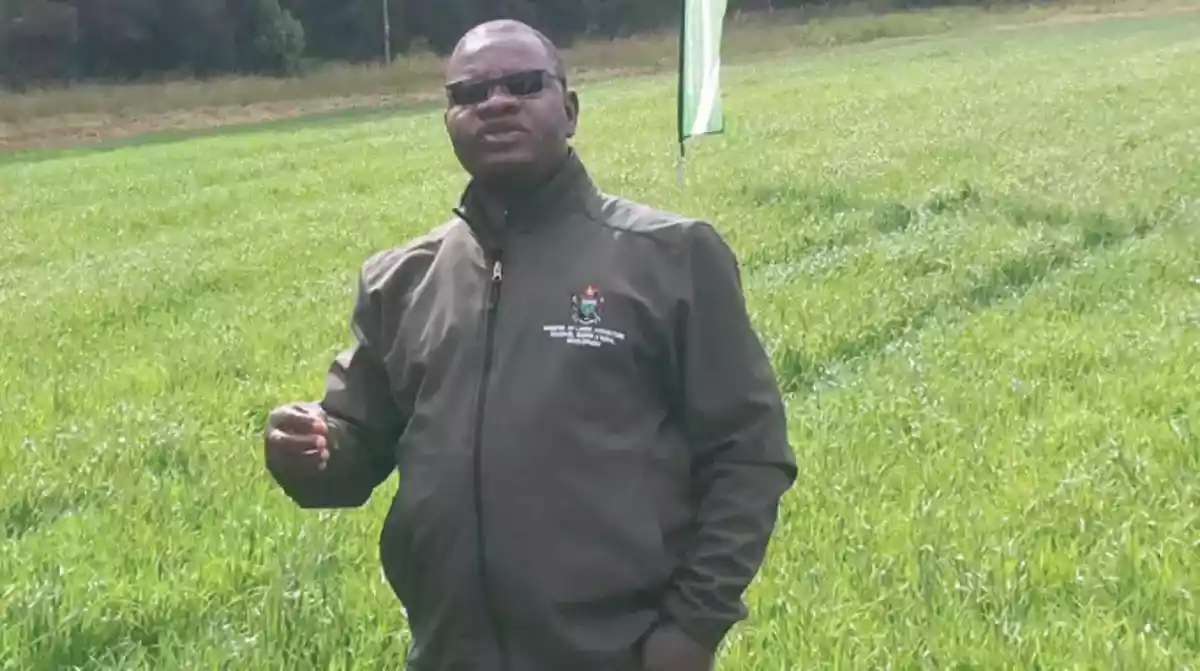
BY RONALD ZVENDIYA
Money laundering (ML) is the conversion or transfer of property knowing that such property is derived from the criminal activity to conceal or disguise the illicit origin of such property or for assisting any person who is involved in the commission of such activity in evading the legal consequences of his or her activity.
Terrorist financing (TF) involves the solicitation, collection, or provision of funds with the intention that they may be used to support terrorist acts or organisations.
The funds may stem from both legal and illicit sources.
More precisely, according to the international convention for the suppression of the financing of terrorism, a person commits the crime of financing terrorism if that person by any means, directly or indirectly, unlawfully and willfully, provides or collects funds with the intention that they should be used or in the knowledge that they are to be used, in full or in part, in order to carry out an offense within the scope of the convention.
Migrant smuggling is the facilitation, for financial or other material gains, of irregular entry into a country where the migrant is not national or resident.
The criminals behind this highly profitable business seize the opportunity created by the need or desire of people to escape, not just poverty and lack of employment opportunities, but also natural disaster, conflict, or persecution.
It is important to note that the offense of migrant smuggling has several distinct aspects that differ from human trafficking.
- Chamisa under fire over US$120K donation
- Mavhunga puts DeMbare into Chibuku quarterfinals
- Pension funds bet on Cabora Bassa oilfields
- Councils defy govt fire tender directive
Keep Reading
First, migrants have consented to be transported, whereas the victims of human trafficking have not.
Second, the smuggling ends with the arrival of the migrant at the destination, whereas human trafficking often involves ongoing exploitation in some other way.
Third, migrant smuggling is always transnational whereas human trafficking may not be.
The calibre of migrants moving out of Zimbabwe can be classified into two groups.
The first group which is the largest comprises mostly unskilled workers who are choosing nearby destinations such as South Africa and Botswana.
These migrants are a “survival group” escaping persecution and a breakdown in livelihood in the country.
The second group consists of mostly professionals which include healthcare workers, accountants, and lawyers working in the United Kingdom, New Zealand, Australia, and Namibia.
There are cases observed of migrant smugglers taking opportunities to commit other crimes, not necessarily implied by, but directly related to migrant smuggling, such as forgery, corruption of border agencies and other public agencies to help facilitate travel and even administration of addictive drugs to exploit and control their victims.
These other crimes include drug trafficking, theft, harassment, sexual abuse, blackmail, human trafficking, robbery, murder, smuggling of illegal goods, and labour exploitation.
The transnational nature of this crime also allows migrant smugglers to transport drugs and firearms and smuggle goods.
Migrant smuggling is a crime that generates significant proceeds globally, with criminal networks thriving on high demand for smuggling services and low risk of detection.
Given the opaque nature of the crime, as well as the predominant use of cash, it is not possible to produce accurate estimates of global income derived from migrant smuggling.
Nevertheless, based on the estimates produced by the International Organisation of Migration’s Global Migration Data Analysis Centre in 2021, the total proceeds generated are projected to be more than USD 10 billion per year.
Migrant smuggling is a predicate offense that generates proceeds of crime to various business models such as travel agencies, and networks that facilitate illegal entry into the foreign land.
Cases are identified of both migrant smugglers laundering their proceeds, and migrant smugglers using third parties to launder the proceeds on their behalf, especially the more sophisticated organisations involved in migrant smuggling.
Depending on the level of sophistication of the networks, several money laundering methods are used to place, layer, and integrate the money into the legitimate economy.
Migrants mostly pay smugglers in cash.
Cash is either used by migrants to pay smugglers for the services provided or is deposited in the accounts of natural persons as payment in small amounts that are then quickly withdrawn.
Criminal proceeds may also be invested in real estate, high-value goods, and legal businesses in both the countries of origin and the country of destination.
In addition, in some cases, smugglers avoid depositing their proceeds and instead use them to finance their living costs as well as the purchases of luxury items, or even in some cases to support drug habits or spent on gambling.
The most common method of transferring funds (often cash) generated from migrant smuggling from one jurisdiction to another is the use of the hawala system making it extremely hard for the financial intelligence unit and law enforcement agencies to perform financial analysis and investigations.
The hawala system operates within mini markets, mobile phone and/or electronic device stores, and travel agencies owned by members of organised criminal groups.
Restaurants are also used for the operation of the hawala system which is administrated by the smugglers themselves or other members of the criminal organisations who mainly have the same nationality as the migrants.
The payment for guaranteed smuggling is made before the journey.
To this end, the migrants or their relatives visit hawala offices that are based in the migrants’ countries of origin or in the countries where the smuggling route begins.
The role of these offices is to receive the payment for the smugglers and to hold the funds in a fiduciary capacity.
The disbursement to the smugglers only takes place once the smuggling has been successfully concluded.
In several cases, smugglers uploaded videos to various social media platforms to prove that the migrant had arrived at the intended destination.
The hawala office where the migrant had deposited the funds then releases the funds to the smuggler.
Funds can also be released ad-hoc via phone calls or by providing codes.
Other methods used to transfer funds included the physical transportation of funds via cash couriers or money mules, either overland (e.g. concealed in vehicle parts) or by air, the use of Money or Value Transfer Services, or pre-paid cards.
Evidence shows that smugglers adapt the methods with which they bring proceeds back to their country of origin depending on the various regulations that exist there.
To raise funds for their organisation, terrorist groups may facilitate the smuggling of migrants, especially if they have control or influence over territory that coincides with smuggling routes.
There may also be terrorism risks, where migrant smuggling networks help conceal the travel of their members, such as returning foreign terrorist fighters.
In countries such as Burkina Faso, Mali, and Niger authorities detected cases where armed terrorist groups or those linked to terrorist groups obtain funding from migrant smuggling.
In conclusion, the link between money laundering, terrorist financing, and migrant smuggling can manifest in several ways which may be detrimental to the stability of the financial system.
There is a need for competent authorities to continue monitoring changes in typologies relating to money laundering to design ways of curbing it.
The government should capacitate the investigative authorities for them to carry out their duties relating to stopping money laundering and acts of terror effectively.
- Ronald Zvendiya is a research and innovation analyst at the Insurance and Pensions Commission(IPEC). The opinions expressed in this article are solely the author’s and do not reflect the opinions and beliefs of IPEC or its affiliates.
- Contact details: [email protected], These weeky articles are coordinated by Lovemore Kadene, an independent consultant, past president of the Zimbabwe Economics Society and past president of the Chartered governance & Accountancy Institute in Zimbawe. Email: [email protected] and Mobile No. +263 772 382 852










